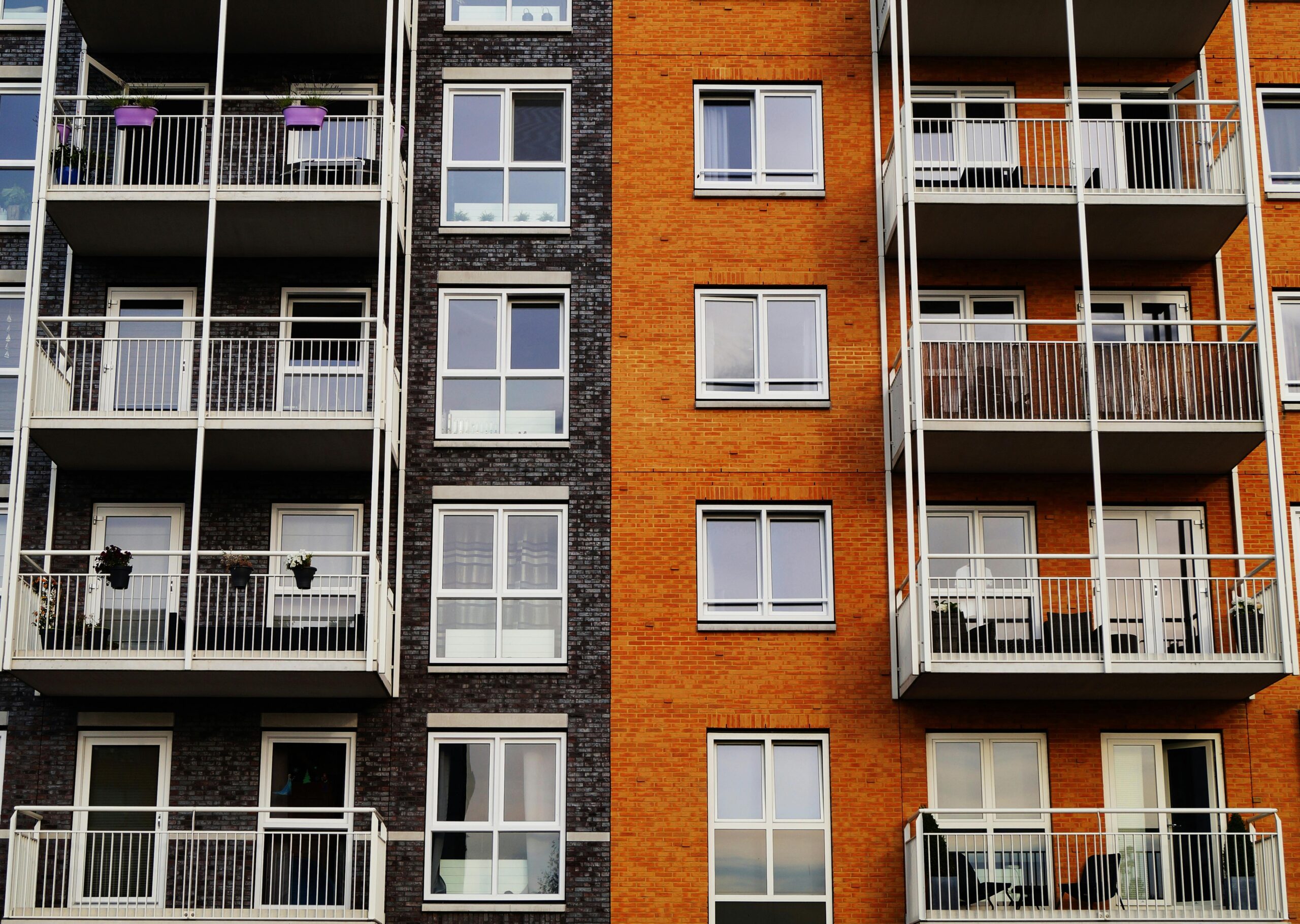Moving to a new country is an exciting adventure, but finding a place to live can be one of the most challenging aspects of the transition. Germany, with its diverse cities and vibrant culture, offers a range of housing options for expatriates. Whether you’re moving to Germany for work, study, or a fresh start, this guide will provide you with essential tips and resources to find the perfect accommodation.
1. Understanding the German Rental Market
The first step in finding accommodation in Germany is understanding how the rental market works. Here are a few key points to consider:
- Types of Housing: In Germany, you can find various types of housing, including apartments (Wohnung), shared flats (WG – Wohngemeinschaft), and houses (Haus). Most expatriates opt for apartments or shared flats due to their availability and cost-effectiveness.
- Furnished vs. Unfurnished: Many apartments in Germany are unfurnished, which means they may not even include kitchen appliances or light fixtures. Furnished apartments are available but tend to be more expensive.
- Rental Prices: Rental prices vary significantly depending on the city and neighborhood. Major cities like Berlin, Munich, and Frankfurt are more expensive than smaller towns. Research average rental prices in your chosen area to set a realistic budget.
- Rental Contracts: German rental contracts are often detailed and can include clauses specific to the property. Ensure you read and understand all terms before signing.
2. Where to Search for Accommodation
Finding the right place to live requires utilizing various resources. Here are some popular platforms and methods:
- Online Portals: Websites like ImmobilienScout24, WG-Gesucht, and Immonet are popular for apartment hunting. They allow you to filter searches based on your criteria and view detailed listings.
- Local Newspapers: Many local newspapers have a real estate section with rental listings. This can be particularly useful in smaller towns.
- Facebook Groups: Joining expat and local housing Facebook groups can provide leads on available rentals and sublets.
- Real Estate Agents: Engaging a real estate agent (Makler) can be helpful, especially if you’re looking for specific requirements. Note that agents typically charge a commission (Provision) equivalent to 2-3 months‘ rent.
- Company Relocation Services: If your move is job-related, check if your employer offers relocation services. They can provide valuable assistance in finding accommodation.
3. Tips for a Successful Search
To increase your chances of finding suitable accommodation, consider the following tips:
- Start Early: The rental market in popular cities can be competitive. Start your search at least 2-3 months before your planned move.
- Prepare Your Documents: Landlords in Germany often require several documents, including proof of income, a SCHUFA credit report, a copy of your passport, and references from previous landlords. Having these ready will streamline the process.
- Be Flexible: If possible, be flexible with your move-in date and specific requirements. This flexibility can open up more options.
- Visit in Person: If you’re already in Germany, visiting potential rentals in person is crucial. It allows you to inspect the property and get a feel for the neighborhood.
- Negotiate the Lease: Don’t hesitate to negotiate the terms of your lease. This can include the duration of the rental period, deposit amount, and any repairs or modifications needed before move-in.
- Understand Additional Costs: Be aware of additional costs like utilities (Nebenkosten), which may not be included in the rent. These can include heating, water, garbage collection, and sometimes internet.
4. Understanding the Lease Agreement
Once you find a suitable place, it’s important to understand the lease agreement (Mietvertrag):
- Duration: Lease agreements can be fixed-term (befristet) or open-ended (unbefristet). Fixed-term leases are common for furnished apartments, while open-ended leases are typical for long-term rentals.
- Deposit: Landlords usually require a security deposit (Kaution), which is typically three months‘ rent. This deposit is refundable at the end of the lease, provided there are no damages or unpaid rent.
- Utilities and Additional Costs: Clarify what is included in the rent (Miete) and what additional costs (Nebenkosten) you will be responsible for, such as heating, electricity, water, and internet.
- Notice Period: Understand the notice period required to terminate the lease. For open-ended leases, it’s usually three months.
- Subletting: If you plan to sublet the apartment, make sure the lease allows it and get permission from the landlord.
5. Important Considerations
- Location: Proximity to work, public transportation, schools, and essential amenities like grocery stores and healthcare facilities is crucial.
- Safety: Research the safety of the neighborhood. Check local crime rates and talk to current residents if possible.
- Accessibility: Ensure that the building is accessible if you have mobility issues or require specific accommodations.
- Parking: If you own a car, check the availability of parking spaces and whether they are included in the rent.
6. Settling In
After securing accommodation, there are a few final steps to ensure a smooth transition:
- Register Your Address: In Germany, it’s mandatory to register your address (Anmeldung) at the local registration office (Bürgeramt) within two weeks of moving in.
- Set Up Utilities: Arrange for utilities like electricity, gas, and internet to be set up in your name. Your landlord or previous tenant can often provide recommendations for providers.
- Get to Know the Area: Explore your new neighborhood to find local amenities such as grocery stores, pharmacies, and public transportation options.
Conclusion
Finding accommodation in Germany can be a complex process, but with the right preparation and resources, it is entirely manageable. Start early, use multiple search methods, and be prepared with necessary documents to improve your chances of finding the perfect home. By understanding the rental market and lease agreements, you’ll be well-equipped to navigate your move and settle into your new life in Germany smoothly.
Additional Resources
- Expat Facebook Groups: Search for groups like „Expats in Berlin“ or „Munich Apartments for Rent“
- ImmobilienScout24: www.immobilienscout24.de
- WG-Gesucht: www.wg-gesucht.de
- immowelt: www.immowelt.de
- Immonet: www.immonet.de
- Rentola: www.rentola.de


